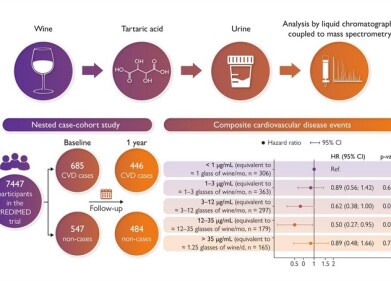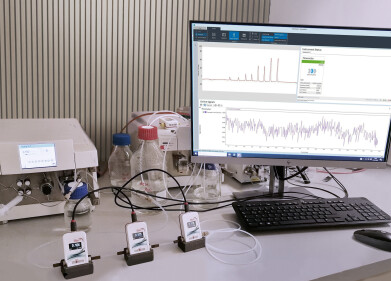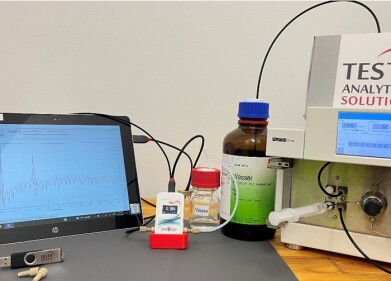Chromatography
How Do Genes Affect Your Sleep?
Oct 01 2018
For most people, getting a good night's sleep depends on factors like mattress quality, pillow firmness or a pre-bed cup of chamomile tea. Ask scientists, and the answers run a little deeper. After tweaking the DNA of mice, a team of Japanese scientists have identified a pair of genes that actively regulate when the brain slips into a state of REM.
Unravelling the mysteries of REM
Universal to most creatures in the animal kingdom, sleep is a vital behaviour that allows the body to rest and reenergise. In higher vertebrates like humans, mammals and birds, sleep is classed into two phases. The first is Rapid Eye Movement, also known as REM sleep, and sees the brain maintain the same levels of activity seen during wakefulness. Getting enough REM sleep is a key part of maintaining a healthy lifestyle, both physically and mentally. The second is non-REM sleep, which is characterised by slow, high voltage brainwaves that don't facilitate dreams.
While little is known about the molecular mechanisms that define REM sleep, a team of researchers at Japan's RIKEN Centre for Biosystems Dynamics Research (BDR) have pinpointed a new pair of genes that appear to regulate the unique sleep phase. Head researcher Hiroki Ueda explains that when both genes were omitted during mice trials, levels of REM sleep were drastically decreased.
Linking REM to learning and memory
The findings were published in the journal Cell Reports and explain how the team used advanced genetic tools to modify mice DNA and screen for genetic factors that could trigger sleep abnormalities. After eliminating genes containing acetylcholine receptors - a neurotransmitter known to regulate REM sleep - the team found that the dual loss of Chrm1 and Chrm3 induced short sleep cycles and almost completely eliminated REM sleep.
"The surprising finding that mice are viable despite the almost complete loss of REM sleep will allow us to rigorously verify whether REM sleep plays a crucial role in fundamental biological functions such as learning and memory" comments Yasutaka Niwa, co-first author of the study.
"The discovery that Chrm1 and Chrm3 play a key role in REM sleep opens the way to studying its underlying cellular and molecular mechanisms and will eventually allow us to define the state of REM sleep, which has been paradoxical and mysterious since its original report," adds Ueda.
From analysing mattress materials to monitoring salivary melatonin concentrations, chromatography is being used to enhance sleep quality in labs across the globe. Want to know more about the latest developments? Introducing Supercritical Fluid Chromatography, 'Column Technology for Achiral SFC Separations' explores the use of stationary phase progression and development.
Digital Edition
Lab Asia 31.6 Dec 2024
December 2024
Chromatography Articles - Sustainable chromatography: Embracing software for greener methods Mass Spectrometry & Spectroscopy Articles - Solving industry challenges for phosphorus containi...
View all digital editions
Events
Jan 22 2025 Tokyo, Japan
Jan 22 2025 Birmingham, UK
Jan 25 2025 San Diego, CA, USA
Jan 27 2025 Dubai, UAE
Jan 29 2025 Tokyo, Japan



















